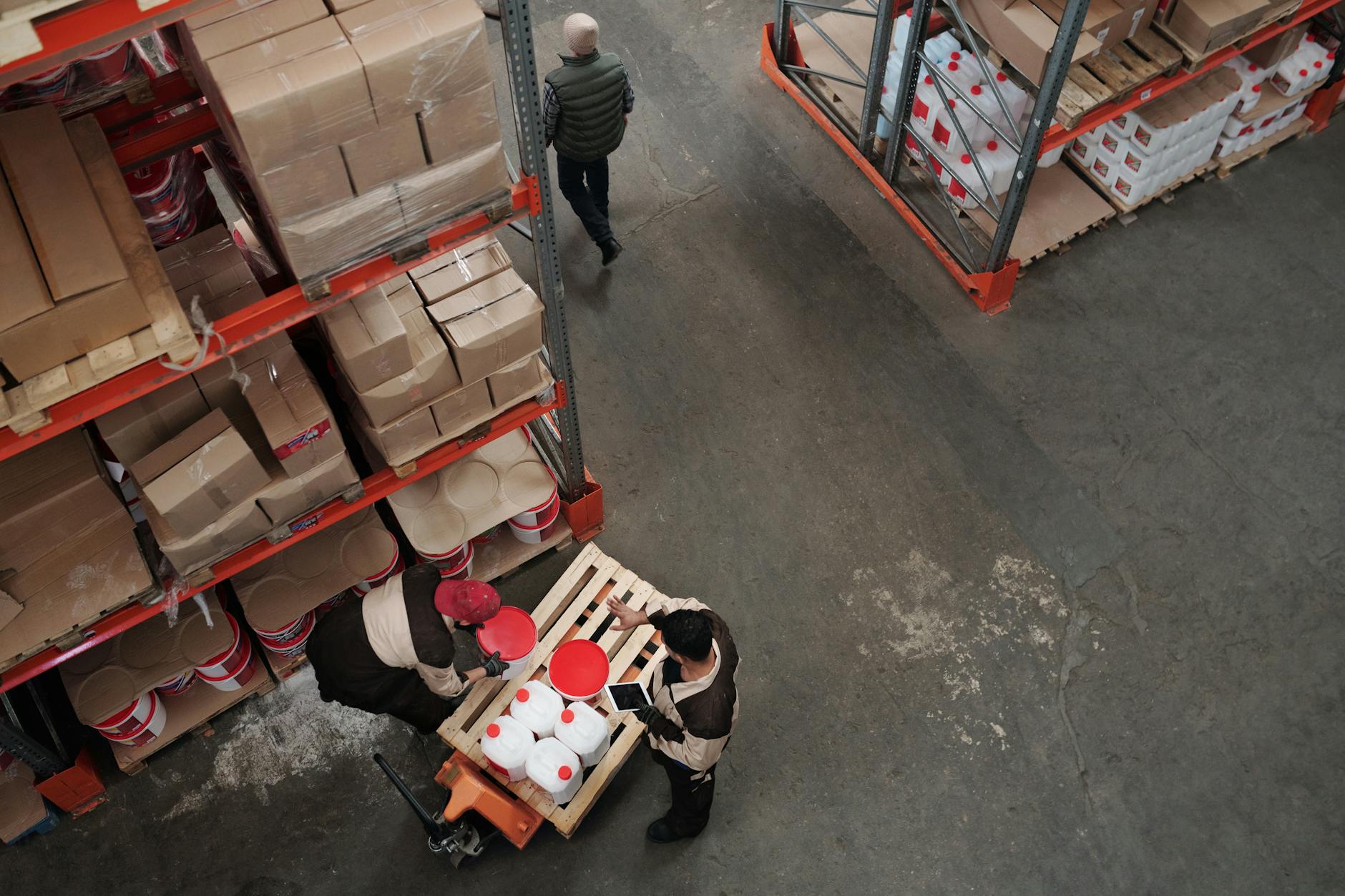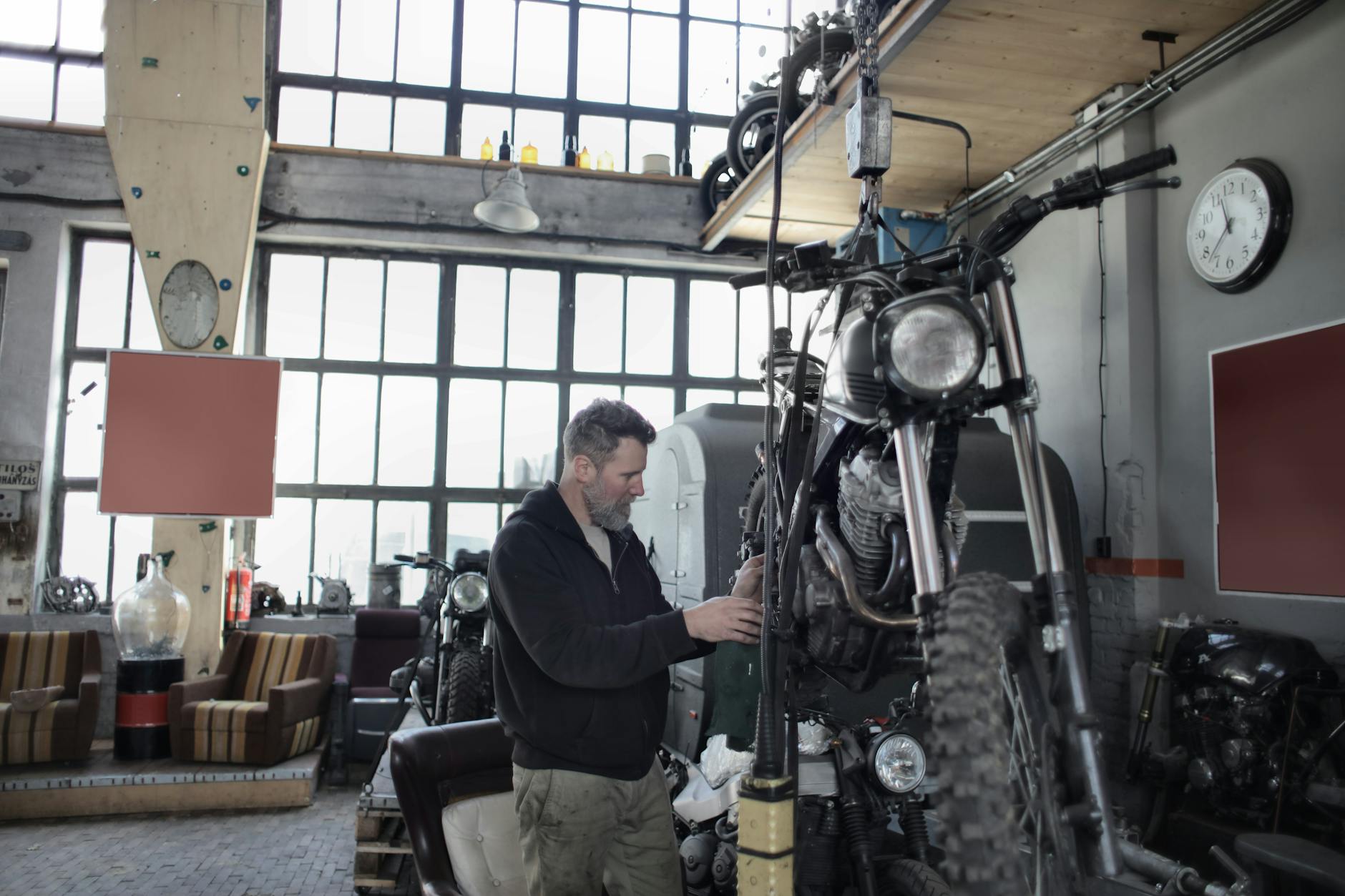How to Enhance Order Fulfillment Efficiency in Australia

Streamlining Warehouse Operations
As we explore the intricacies of warehouse operations, attention to detail and a management strategy that is both innovative and based on analytical insights becomes pivotal. One crucial aspect is ensuring that your warehouse layout is optimised for speed. Consider the strategic arrangement of high-demand products closer to sorting and dispatch areas, ensuring quicker access and reducing transit time within the warehouse. This approach fosters efficiency in your pick and pack operations, a move that can significantly boost your operational capacity.
Real-time tracking systems are another cornerstone of streamlined operations. By implementing advanced tracking technologies, teams can monitor inventory movement in real-time, allowing for prompt adjustments as demand fluctuates. With 3pl providers, leveraging this technology is essential as it bridges the gap between different logistical partners, maintaining seamless operations even during peak periods.
Advanced inventory management techniques are indispensable in avoiding stockouts and overstock situations. Implementing systems that track inventory levels, predict demand through data analytics, and automate restocking can drive significant improvements. For those operating near key logistics hubs like the Port of Melbourne, marrying such techniques with proximity advantages can drastically reduce lead times.
The competitive edge gained from these tactics not only transforms operations but also empowers professionals in the logistics field by providing them with the tools needed to maintain a seamless flow of goods from warehouses to customers.
Effective Pick and Pack Strategies
Best Practices for Accuracy
In the bustling warehouses of Altona North, achieving precision in our pick and pack processes is vital. One method involves strategically organising products based on frequency of sale. Fast-moving items are placed in easily accessible zones, significantly reducing the time it takes to locate and pick them. By categorising items using a systematic approach, such as the ABC classification, we can ensure that the most sought-after products are always within easy reach, reducing bottlenecks and improving order fulfilment rates.
Leveraging Automated Systems
Automation stands out as a game-changer in warehousing operations. At facilities like the innovation precincts at Fishermans Bend, employing automated guided vehicles (AGVs) and robotic arm systems can drastically enhance efficiency. These systems streamline the pick and pack process, relieving human workers of repetitive tasks and minimising errors. With automated sortation systems, accuracy in order assembly is elevated, cutting down the need for manual double-checks and ultimately accelerating the delivery process.
Minimising Human Error
Human oversight is inevitable, but implementing comprehensive quality checks and establishing a robust verification process can significantly mitigate errors. Training staff in efficient picking techniques and utilising handheld scanners ensures correct item selection, aligning closely with our analytics-driven methods. Furthermore, integrating advanced software solutions allows for precise inventory tracking, which updates in real-time to reflect accurate stock levels, thereby reducing mishaps in warehousing sydney. These measures collectively contribute to a seamless order fulfilment strategy that empowers businesses to maintain high customer satisfaction.
Leveraging Data Analysis
Identifying Trends through Data
In the logistics industry, understanding patterns can significantly improve ecommerce logistics performance. By sifting through data, especially from the warehouses in Altona North, one can pinpoint inefficiencies and regulatory impacts on logistics operations. Tracking variations in consumer behaviour or pinpointing bottlenecks in supply routes can reveal patterns that may not be apparent initially. Such insights empower companies to optimise their pick packing processes, thereby enhancing the entire order fulfilment cycle.
Predictive Analytics for Demand
Predictive analytics is a powerful tool for logistics professionals. By analysing historical data, companies can forecast demand fluctuations and prepare accordingly. This foresight is invaluable during peak seasons, helping to allocate resources efficiently. Predictive analytics also aids in identifying future logistical needs, ensuring that supply meets demand without unnecessary warehouse inventory buildup.
Data-Driven Decision Making
Analytical insights from data are key to informed decision-making. Utilising real-time data allows logistics managers to adjust strategies dynamically. For instance, if a particular shipping route faces delays, alternative strategies can be implemented swiftly. This adaptability is crucial for maintaining service levels and enhancing customer satisfaction. Data enables logistics professionals to construct robust models, fine-tuning processes for better efficiency and cost savings.
Enhancements in order fulfilment are rooted in the effective use of data. Understanding and applying these insights will lead to optimised operations and a competitive edge in the Australian logistics sector.
Enhancing Last-Mile Delivery
Route Optimisation Techniques
In Melbourne's bustling logistics landscape, the efficiency of last-mile delivery profoundly impacts customer satisfaction and operational costs. Leveraging advanced routing software helps in minimising transit times and fuel consumption. Algorithms analyse real-time traffic data and historical patterns to predict the best paths. This approach not only reduces delays but also boosts delivery reliability, which is crucial for maintaining competitiveness in the ecommerce sector.
Innovative Delivery Solutions
The landscape of delivery is continuously evolving, and staying ahead of the competition requires innovative approaches. Consider methods like autonomous delivery vehicles or drone technology to handle peak times or remote locations. When traditional options fall short, these solutions can streamline operations and expand reach. Besides, implementing lockers or pick-up points offers flexibility and convenience for customers, reducing unsuccessful deliveries and returns.
Collaborating with Local Partners
Partnering with third party logistics (3pl logistics) providers can enhance delivery network capabilities. Local partners often possess invaluable insights and the agility to tackle regional challenges, like those found in Melbourne's intricate urban areas. Collaborations mean shared resources and insights, creating a more resilient supply chain. Understanding dynamics at local hubs can make collaborations easier, offering a competitive edge in ensuring timely fulfilment and customer satisfaction.
Optimising Logistics for Fulfillment Advancement
Continuous Process Improvement
Incorporating a mindset of ongoing enhancement is crucial for logistics efficiency, especially when examining our warehousing techniques within the Port of Melbourne precincts. Regularly auditing and revising processes is essential to identify bottlenecks and wastage. Leveraging technology in the warehouses of Altona North, you should institute a system of iterative improvements, continually refining practices to support both scalability and ecommerce logistics. Utilising lean principles — an active strategy for eliminating waste and improving workflow — can generate significant improvements in fulfillment time and cost-efficiency.
Engaging Feedback for Refinement
An often overlooked aspect of logististics, especially in third-party arrangements, is feedback collection. Engaging staff, logistics partners, and customers in feedback loops fosters an environment of continuous improvement. Use feedback to pinpoint areas like the innovation precincts at Fishermans Bend that require attention. Implement forums or survey tools to capture insights directly from stakeholders. Treating feedback as actionable intelligence can help refine strategies and boost fulfillment operations.
Training and Development Priorities
Finally, prioritising training programs tailored to emerging trends in logistics reaps benefits across the supply chain. Equipping teams with knowledge on predictive analytics, data-driven decision making, and advanced inventory management means they can better navigate the complexities of logistical environments. In Melbourne, where logistics innovation thrives, continual education and skill development will ensure we remain ahead of industry disruptions. Deploy specialised training modules regularly to empower workers and sustain a competitive edge.
In sum, these practices, rooted in both tactical application and strategic insight, drive efficiency across Australia's supply chain landscape.


